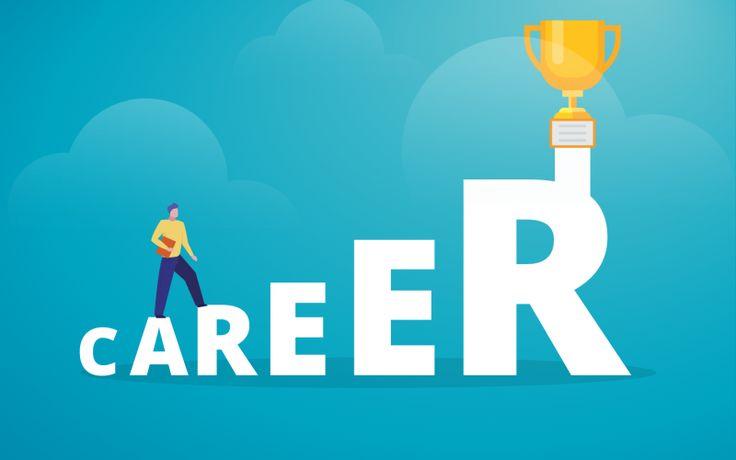Periodical
English

This qualitative study, conducted by Hamqadam Student Magazine, explores the career aspirations and influences shaping Generation-Z students at the International Islamic University Islamabad (IIUI). Through focus group discussions with 23 participants, the research uncovers key themes in career decision-making, blending traditional values with modern ambitions.
Key Findings
1. Career Priorities: Passion Over Stability
- Students prioritized personal fulfillment and autonomy over high salaries or job security.
- Unlike older generations, most showed little anxiety about unemployment, reflecting optimism in Pakistan’s evolving job market.
2. Influences on Career Choices
- Family & Culture: Parents played a supportive role, though some from stricter backgrounds noted generational shifts (e.g., more freedom than older siblings).
- Digital Media:
- YouTube was seen as a source of inspiration (e.g., entrepreneurial vloggers) but not formal career guidance.
- TV dramas and films shaped perceptions of careers, though some portrayals felt outdated for today’s economy.
3. Modern vs. Traditional Career Views
- Career paths were seen as flexible, aligning with global trends like the protean career (self-driven growth) and boundaryless careers (switching industries).
- Some felt older generations misunderstood their ambitions, applying rigid expectations (e.g., "stable government jobs") to a dynamic job market.
4. Technology & Pakistan’s Changing Economy
- Students acknowledged automation and AI disrupting jobs but trusted new opportunities would emerge (e.g., freelancing, tech startups).
- The fast pace of change caused excitement but also pressure—especially in balancing tradition with innovation.
5. Career Guidance: Gaps & Opportunities
- Most career knowledge came from social media, peers, or family—not university counseling.
- Many were unaware of IIUI’s career services, suggesting a need for better outreach to match students with mentors, internships, and skill-building programs.
Implications for Pakistan
- Education Reform: Universities should integrate digital literacy and entrepreneurship training to prepare students for gig economies.
- Parental Awareness: Families need guidance to support nontraditional careers (e.g., content creation, fintech).
- Policy Focus: Government and industry must collaborate to create youth-friendly job policies in emerging sectors.
Limitations & Future Research
- This was an exploratory study—broader surveys are needed for nationwide insights.
- Cultural nuances (e.g., rural vs. urban divides) were not examined but could shape future research.


